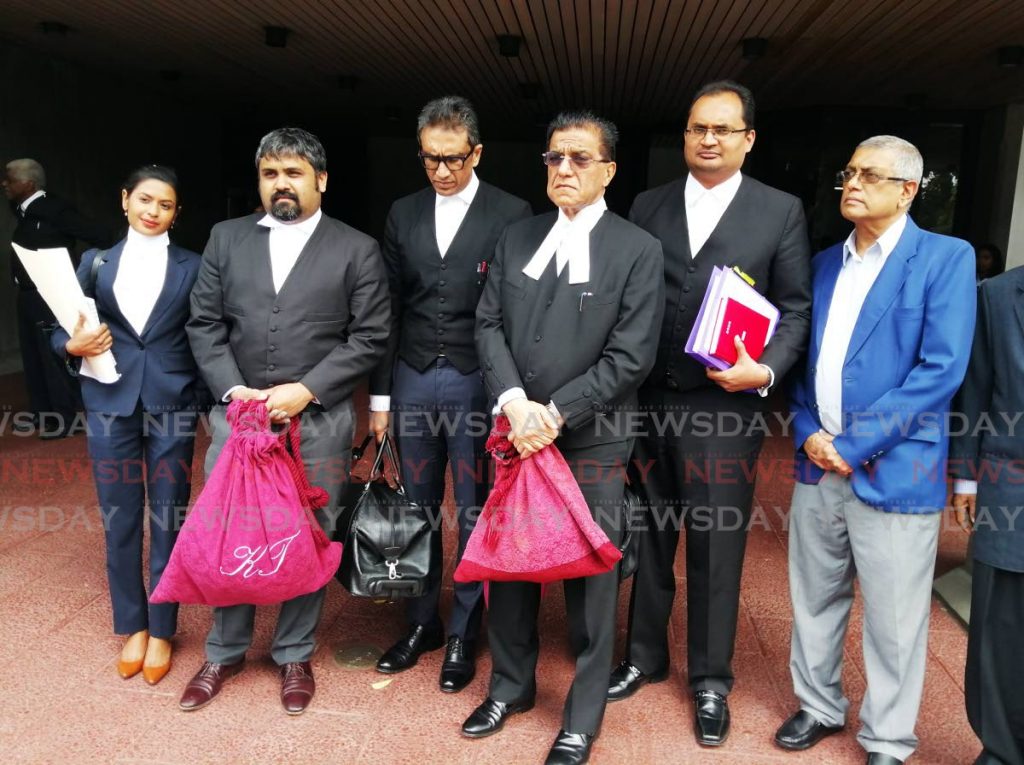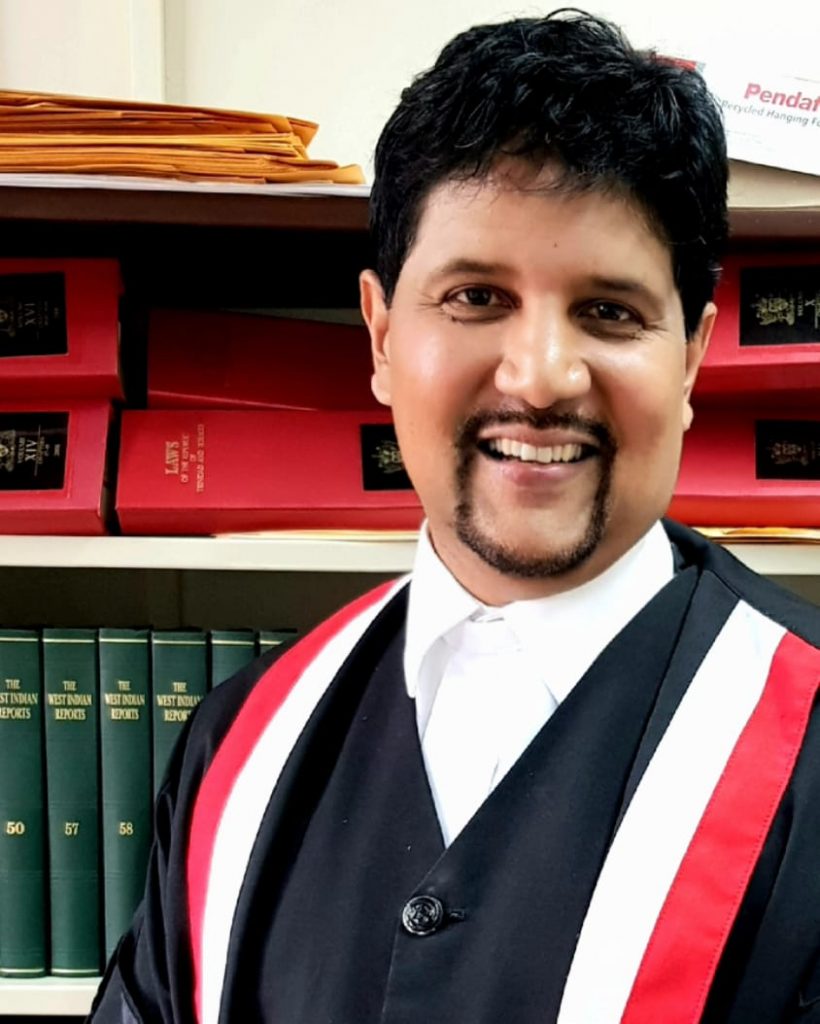Citizens must be free to talk

High Court judge Justice Frank Seepersad has ruled that sections 3 and 4 of the Sedition Act infringe on the right of citizens to enjoy freedom of thought and expression, the right to join political parties and express political views, and the right of freedom of the press. These principles, he said, are rights which are tenets of a sovereign democratic state.
Seepersad made the ruling at the Hall of Justice in Port of Spain on Monday.
Former Sanatan Dharma Maha Sabha secretary general Satnarayan Maharaj filed the challenge in May last year on behalf of his television and radio station, Jaagriti and the parent company – Central Broadcasting Services Ltd. He died on November 16 last year after suffering a stroke. He was 88.
Maharaj filed the lawsuit after police executed search warrants on the radio and TV station’s compound and took recordings of the Maha Sabha Strikes Back television programme from April 15. The search happened days after a video clip of Maharaj making disparaging comments about Tobagonians went viral on social media.
He described Tobagonians as lazy people, more interested in racing crabs and goats and targeting white women to rob and rape them.
Maharaj challenged the lawfulness and constitutionality of certain provisions of the Sedition Act Chapter 11.04, particularly sections 3, 4 and 13 which, Maharaj claimed, are vague, uncertain and therefore illegal. Section 3 sets out what is considered a seditious act, while section 4 sets out the particulars of the offences and section 13 deals with search warrants.
Maharaj and Central Broadcasting Services Ltd claimed their rights to enjoyment of property, freedom of thought and expression, and freedom of the press and to express political views, among others, were being infringed by the legislation.
In ruling in favour of the Maharaj and his company, Seepersad agreed that the sections complained about are vague, lacked clarity, and leads to an arbitrary application of the law. He said the language used is obviously bad and bitterly broad as it effectively confers a discretion which is “dangerously” wide in scope in relation to the nature of the conduct which can amount to a seditious offence.
“This court unreservedly feels that every citizen in a sovereign democratic society should not be subjected to punishment under a law unless that law is sufficiently clear and certain.
“Each citizen has a right to know what conduct is forbidden and the consequences which can flow from engaging in specified, prohibited conduct, should be clear and unequivocal.”
Seepersad said the Judiciary, as guardian of the Constitution, has a duty to protect people from laws passed by the Parliament which seek to infringe on their rights and must, without compromise, uphold the rule of law.
He said, while the State should be entitled to punish statements or conspiracies advocating imminence violence against it, the community or individuals, the act in its current form is not an appropriate way to achieve such an objective.

“In a democracy, it is contradictory and unacceptable to bestow onto the people the power to freely choose their government on the one hand, but, on the other to deny them the right to exercise freedom of speech and engage in discussions even if same seeks to criticise and condemn the government.”
Seepersad, however, said he felt compelled to record his disapproval of the statements made by Maharaj. He described the statements are divisive, inappropriate and unsuitable in a plural society.
“Its disapproval notwithstanding, the court recognises that the deceased enjoyed the right to speak freely and to engage in an analysis of the society guided by this perception of prevailing circumstances.”
Maharaj and his company were represented by attorneys Ramesh Lawrence Maharaj SC, Jagdeo Singh, Dinesh Rambally, Kiel Taklalsingh, Stefan Ramkissoon, Kavita Roop-Boodoo and Rhea Khan, while the Attorney General was represented by Fyard Hosein, SC, and Josephina Baptiste-Mohammed.

Comments
"Citizens must be free to talk"